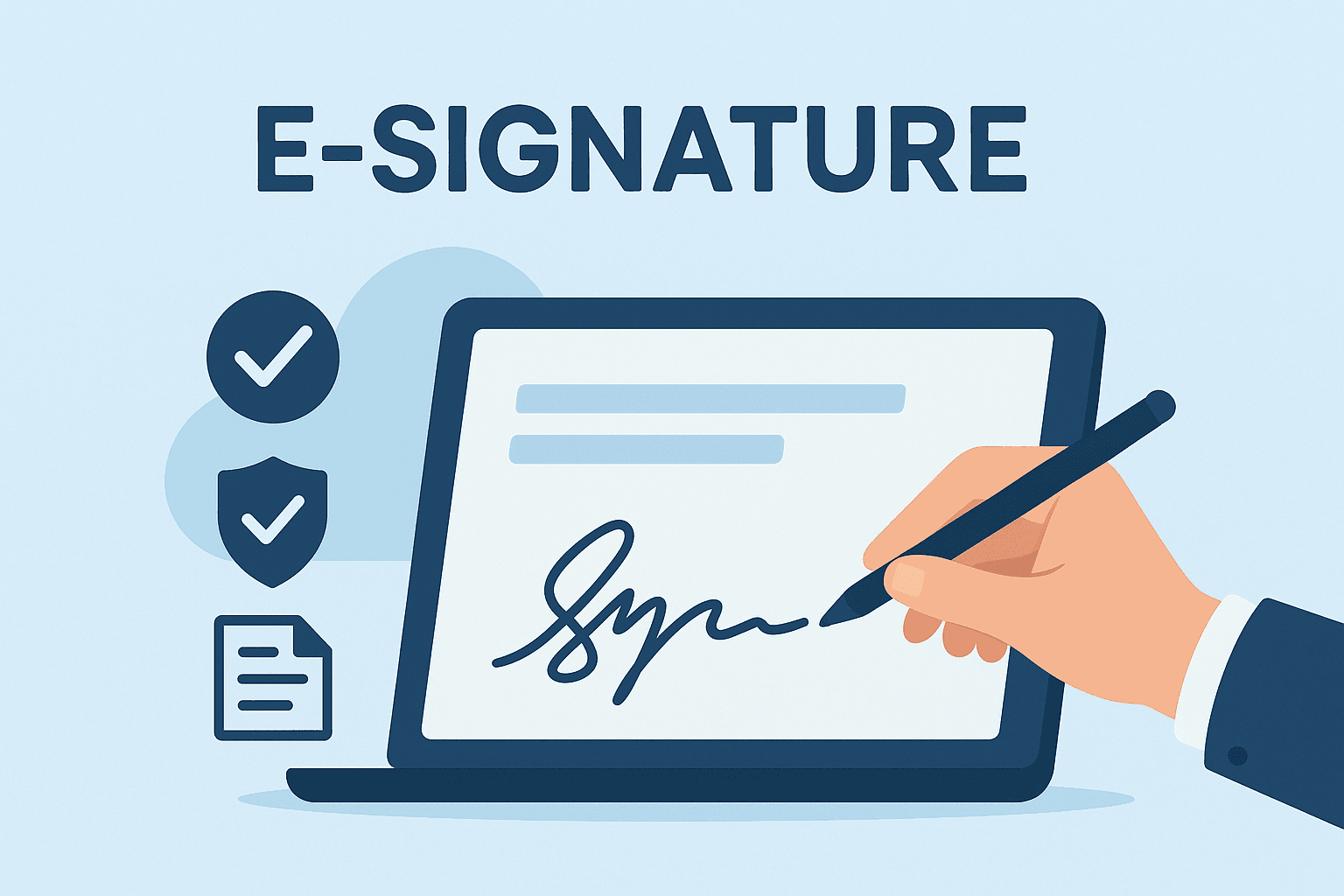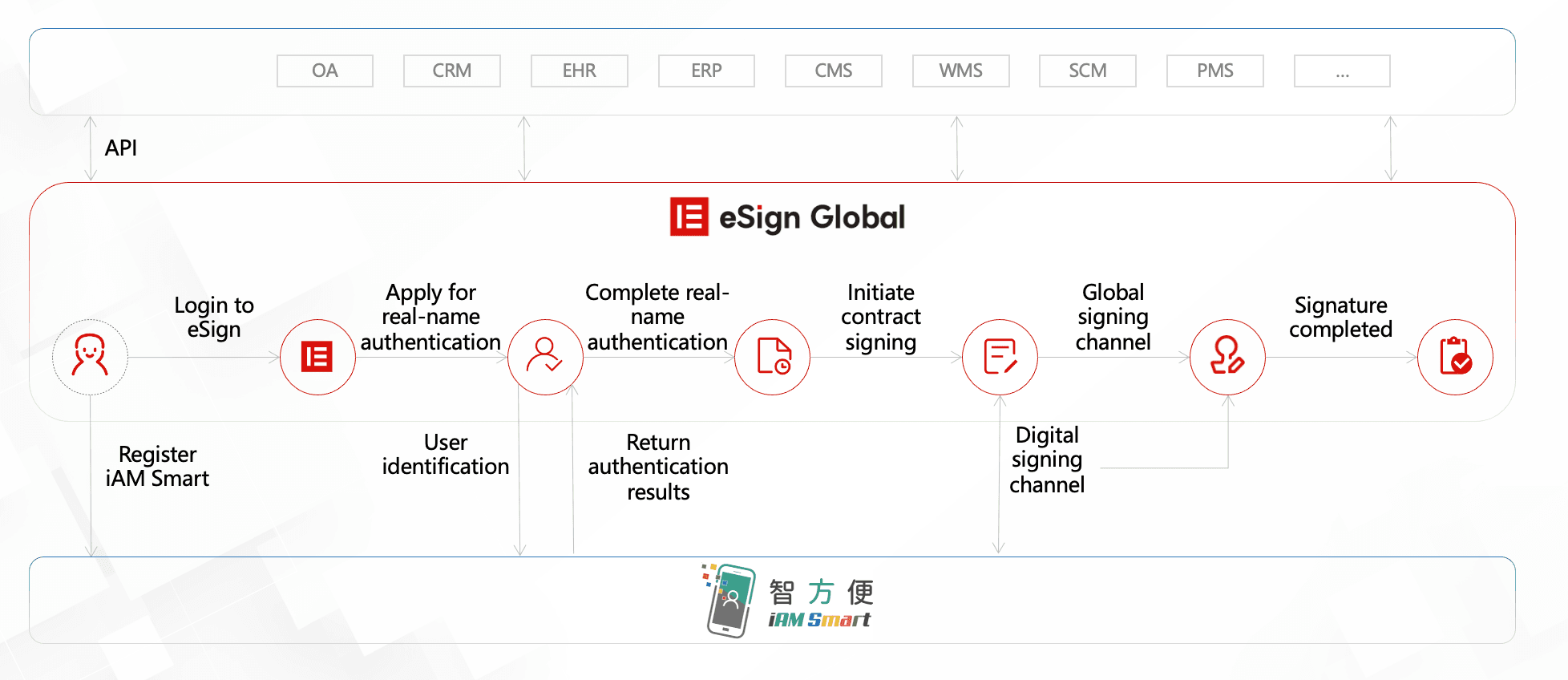are electronic signatures safe





Are Electronic Signatures Safe?
In today’s fast-evolving digital world, electronic signatures—or e-signatures—have quickly replaced ink-based signatures across a wide range of industries. Whether you’re signing a business contract, a loan agreement, or personal legal documents, e-signatures offer a fast, convenient, and paperless alternative. But the pressing question remains: Are electronic signatures safe?
When deals are signed digitally, especially across borders where parties may never meet in person, concerns over identity fraud, document integrity, and legal enforceability naturally arise. This article aims to break down the security layers behind electronic signatures, examine relevant local legal regulations, and help you decide whether you should trust this technology for your personal or business documents.
What Are Electronic Signatures?
Electronic signatures, often abbreviated as e-signatures, refer to a broad category of ways to sign electronically. These include typing your name, drawing your signature on a touchscreen, or using secure software to execute documents online. E-signatures are distinct from digital signatures, which are a category of e-signatures secured through cryptographic methods.

Are E-Signatures Secure?
The short answer: Yes, when used correctly and in compliance with relevant regulations, e-signatures are very secure. Let’s examine the major security features and considerations:
1. Encryption and Authentication
Modern e-signature platforms like esignglobal use advanced encryption algorithms—often AES-256 or equivalent—to protect data. This ensures that the document cannot be intercepted or altered during transmission.
Additionally, platforms implement strong user authentication measures like one-time passwords (OTP), two-factor authentication (2FA), biometric recognition, and secure email verification to verify the identity of the signer. This dramatically reduces the risk of unauthorized access.
2. Tamper-Sealing and Audit Trails
Every document signed electronically through robust platforms is given a tamper-evident seal. This means if anyone tries to modify the document after it has been signed, the system automatically detects it and renders the signature invalid.
Moreover, a comprehensive audit trail is generated, logging vital information such as:
- IP address
- Device used
- Time and date of signature
- Identity verification steps taken
This chain of transparency helps resolve disputes and verifies authenticity in legal contexts.
Legal Recognition in Hong Kong and Southeast Asia
One crucial factor when considering safety is legal compliance. To ensure your e-signature is enforceable, it must align with regional laws—especially important for users in Hong Kong and Southeast Asia.
Hong Kong – ETO Compliance
In Hong Kong, the use of electronic signatures is regulated under the Electronic Transactions Ordinance (Cap. 553). The law recognizes e-signatures as legally valid in most scenarios, provided they meet specific conditions:
- It must reliably identify the signer
- It must be appropriate for the purpose for which the document is used
- Both parties must agree to the use of electronic format
Further, for high-stake documents such as Government-related transactions or property deeds, a digital signature supported by a recognized certificate under the ETO may be required.
Singapore – ETA Compliance
Singapore’s Electronic Transactions Act (ETA) offers a clear legal framework for e-signatures, treating them as legally binding as long as:
- The method is reliable
- The signer’s identity is confirmed
- The document integrity is preserved
This aligns with global standards like the UNCITRAL Model Law on E-Commerce, making Singapore a digital-forward nation in Southeast Asia.
Indonesia, Malaysia, and Thailand
These nations have implemented variations of electronic signature laws:
- Indonesia’s ITE Law
- Malaysia’s Digital Signature Act 1997
- Thailand’s Electronic Transactions Act
Generally, these nations recognize electronic signatures if mutual consent and identity verification requirements are met. However, for government transactions or real estate deals, certified digital signatures might be necessary.

When Are E-Signatures Not Safe?
While e-signatures are secure when used properly, there are certain risks to be mindful of:
1. Unsecured Platforms
Using low-cost or unknown online services that lack encryption or user verification processes can expose you to risks such as signature forgery, phishing, or document tampering.
2. Open Networks
Signing important documents over public Wi-Fi or shared networks can expose sensitive data. Always use secure, private internet connections and VPNs when signing documents online.
3. Legal Document Types Requiring Wet Signatures
In many jurisdictions, documents like wills, real estate deeds, and government-issued forms may still require physical, handwritten signatures or certified digital signatures. Before e-signing such documents, always consult a legal expert.
Practical Use-Cases of Secure E-Signatures
The growth of e-signatures is being driven by both small enterprises and large corporations in sectors like:
- Banking & Finance: Approving loans and opening bank accounts securely online.
- Legal & Real Estate: Signing lease agreements, NDAs, and contracts remotely.
- HR & Onboarding: Employees completing tax forms and employment contracts electronically.
During the pandemic and the rise of remote working, electronic signatures have proven vital in keeping businesses running smoothly despite physical distancing.

Best Practices for Staying Safe
If you’re planning to use e-signatures, here are some prerequisites to ensure safety and legality:
-
Choose a Trusted Platform: Use established providers like DocuSign, Adobe Sign, or esignglobal that comply with local laws and global standards (ISO 27001, SOC 2, etc.).
-
Enable Multi-Factor Authentication: Always activate 2FA or OTP to verify identity.
-
Use Audit Trails as Evidence: Make sure your platform provides detailed logs that can serve as legal proof.
-
Backup Your Signed Documents: Save signed records in cloud-based, encrypted storage or external drives.
-
Stay Updated on Local Regulations: Electronic transaction laws can evolve. Keep track of legal updates in your region.
Conclusion: So, Are Electronic Signatures Safe?
The answer is clear—electronic signatures are not only safe, they are also legally enforceable and incredibly convenient, provided you use a secure, compliant platform. Encryption, audit trails, and identity verification tools all contribute to making e-signatures as secure—if not safer—than traditional handwritten signatures.
For users in Hong Kong and Southeast Asia, it’s essential to ensure your e-signature platform aligns with local legal frameworks such as the ETO and ETA. Avoid lesser-known providers that lack proper security certifications or legal validity.
Recommended Solution for Hong Kong and Southeast Asia Users
If you’re looking for a reliable, regionally-compliant alternative to DocuSign, consider using esignglobal—a digital signature solution designed with Asia-Pacific regulations in mind. It provides localized support, ETO/ETA-aligned compliance, and all the advanced security features required for sensitive legal and business transactions.


 Only business email allowed
Only business email allowed


